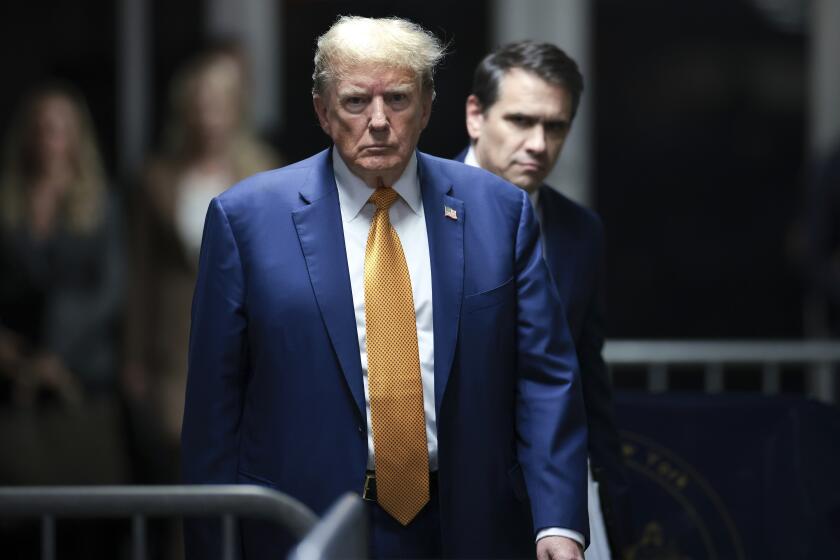Evo Morales launches UN International Year of Indigenous Languages
Bolivian President Evo Morales led this Friday the United Nations opening of the International Year of Indigenous Languages, a project aimed at calling the world’s attention to the rapid loss of those languages around the globe.
“Indigenous languages are part of our identity,” Morales told the UN General Assembly, adding that the loss of these languages puts at risk “the knowledge and wisdom of our ancestors.”
“If languages disappear? The memories that they bear will disappear as well as the people that speak them,” he said.
The Bolivian president, who began his speech in the Aymara tongue, voiced the basic theme of the event with which the United Nations initiated Friday its year dedicated to indigenous languages.
The project, promoted among others by Bolivia, was approved in 2016 by the UN General Assembly and is led by UNESCO, the United Nations Educational, Scientific and Cultural Organization.
According to the organization, some 370 million people in more than 70 countries speak indigenous languages, but these are being lost at an alarming pace.
Out of some 6,700 languages that currently exist, some 40 percent are in danger of extinction, chiefly languages of native communities.
And by the end of the century, according to Ernesto Ottone, the UNESCO assistant director-general for culture, 90 percent could be gone forever.
“This International Year must serve as a platform from which we can reverse the alarming trend of the extinction of indigenous languages,” said UN General Assembly President Maria Fernanda Espinosa.
The Ecuadorian diplomat recalled that “each indigenous language has an incalculable value for humankind...a treasure laden with history, values, literature, spirituality, perspectives and knowledge, developed and garnered over millennia.”
Morales insisted on that point, saying that languages are not just instruments of communication but represent the identity and culture of those who speak them.
This Friday, Ecuador’s Vice Minister of Culture Gabriel Cisneros suggested at the UN General Assembly meeting that the project be kept going beyond the International Year and that a decade should be spent protecting these native tongues.
“Do you think one year is enough?” he questioned.
Morales, Bolivia’s first indigenous president, presented the survival of tongues as one more challenge for the native peoples after centuries of resistance to colonialism.
“Today we come here having survived the colonial era which has tried to bring our elders to their knees and squash them beneath the weight of injustice,” Morales said.



